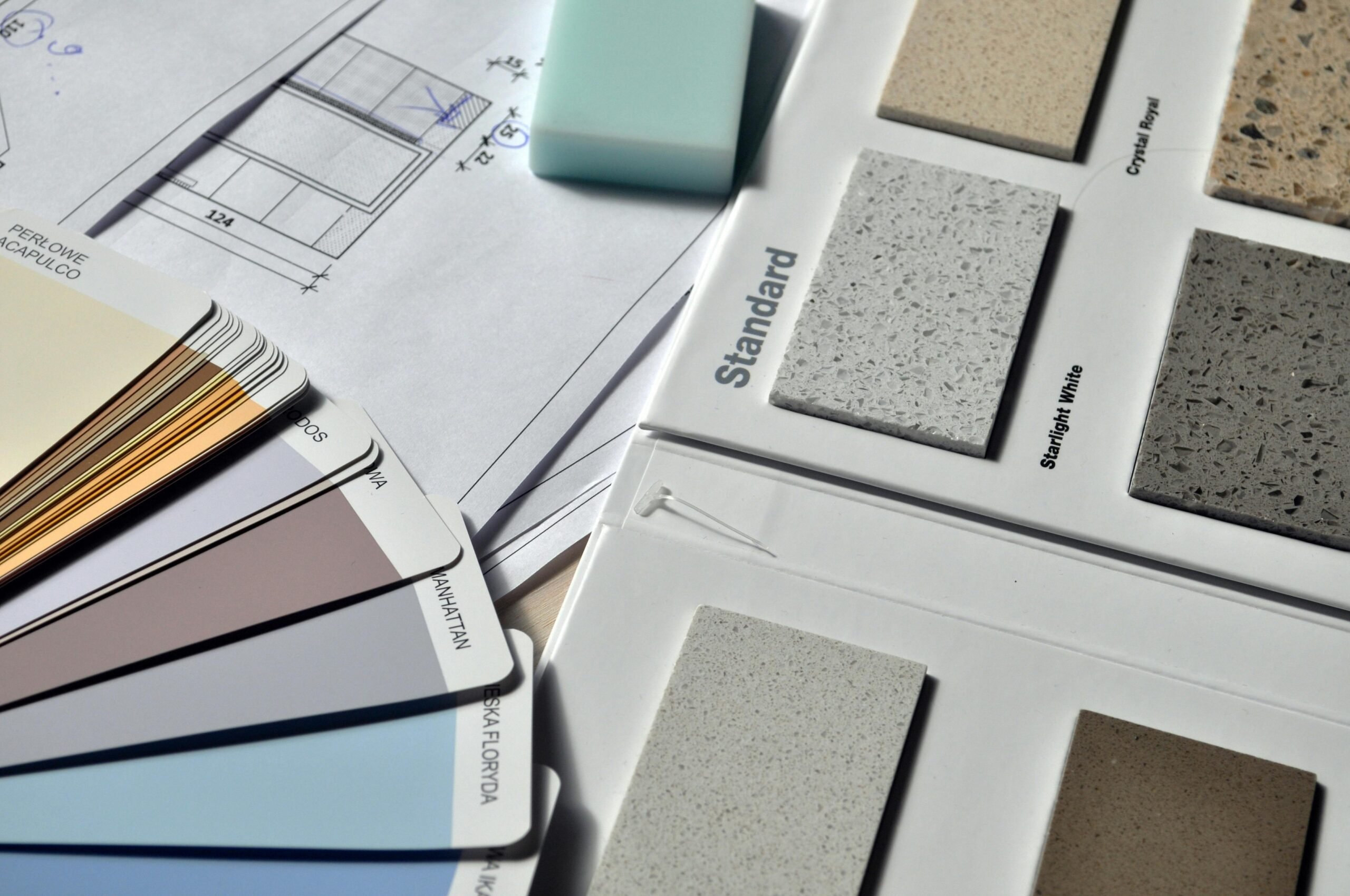When buying a home, one of the most important things to consider is how quickly you will start to build equity on your property. Building equity means increasing your ownership interest in your real property, which is your home. Home equity usually forms a significant part of an individual’s overall net worth, making it a critical factor in long-term financial planning. To build home equity, consider strategies such as making larger down payments, overpaying on your mortgage, and refinancing to more favorable terms.
Home equity is calculated as the real property value (or home value) minus the amount you owe on your mortgage (the mortgage balance). For example, if your home’s value is $400,000 and your mortgage balance is $250,000, your home equity is $150,000. This shows how subtracting liabilities (the mortgage balance) from assets (the home value) determines your net worth in your home. Additionally, home equity is important as it can serve as collateral for loans or lines of credit, such as home equity loans or HELOCs.
Just as a business calculates equity by subtracting liabilities from total assets on a balance sheet, homeowners calculate their net worth in their home by subtracting what they owe from the home’s value. In company finance, equity is determined by the company’s assets minus total liabilities, and this principle also applies to personal home equity. On a company’s balance sheet, shareholder equity also includes components such as additional paid in capital, retained earnings, and accumulated deficit, which reflect the company’s financial health.
Assets (like your home) and liabilities (like your mortgage) are key resources that determine your net assets and overall financial health. These concepts are fundamental in both personal and business finance, as they help assess the value of ownership interest and the stability of your finances. For example, in personal finance, equity is calculated as home value minus mortgage balance, while in business, equity is calculated as the company’s assets minus its liabilities, and investors use these figures to assess company value.
Here are the most important things you should do to start building equity as quickly as possible.
Understanding Property Value
Understanding property value is essential when it comes to building your home’s equity. Property value is the current market worth of your home, and it can change over time based on factors like location, condition, and shifts in the real estate market. Keeping an eye on your property value helps you know exactly how much home’s equity you have, which is the difference between your home’s value and the amount you still owe on your mortgage. You can estimate your property’s value by using online valuation tools or by consulting a local real estate agent for a professional opinion. As your property value increases, so does your home’s equity—giving you more options, such as qualifying for a home equity loan or a cash out refinance. For example, if your home’s value rises from $200,000 to $250,000, you instantly gain more equity, which can be used to raise money for renovations, pay off high interest credit cards, or invest in your financial future.
When considering the costs of homeownership, remember that property taxes are an important component of your total monthly cost and can impact your ability to build equity. Monitoring your property value is a smart way to maximize your investment and build more equity over time.
Make a Large Down Payment
Using extra money or available funds for a larger down payment allows the borrower to lower the overall loan balance and start building equity much quicker. However, the borrower should ensure they have enough funds left after the down payment to cover emergencies or unforeseen expenses. Finding the right balance helps avoid unnecessary interest while maintaining financial security.
Avoid Private Mortgage Insurance
There are many ways to avoid having PMI added to your monthly payment. One option is to make a down payment of more than 20% of the total purchase price. You may also increase your monthly payment to pay down the principal quicker. Once the amount you owe on your mortgage drops below 80% of your home’s value, you should be eligible to request that PMI be removed. Removing Private Mortgage Insurance (PMI) can free up monthly premium amounts to put toward principal payments once a homeowner reaches 20% equity.
Update Your Payment Schedule
In addition to changing the amount of your monthly payment you can also change the frequency of your monthly payment to pay down the principal balance quicker. By just breaking your payment into bi-monthly payments you can manage to make an entire extra payment toward the interest. Paying biweekly results in one extra full mortgage payment each year, significantly shortening the loan term and saving on interest.
Increase the Value of Your Home
Although it may seem out of your control, there are ways you can raise your home’s value and, in turn, increase your home’s equity. Homeowners often perform upgrades to the property to maximize their home’s value and build more equity. Prioritize high-return renovations to increase home equity, such as garage door replacements and kitchen remodels. By treating your house as an investment, you can focus on strategies that help grow its value over time. You can also just kick back and wait until the housing market inevitably drives the value of your home back up.
Using Equity to Build Wealth
Building equity in your home isn’t just about increasing your ownership interest—it’s also a powerful way to create long-term financial security and expand your investment portfolio. Once you’ve built up enough home equity, you can leverage it to access funds that can help you achieve a variety of financial goals, from investing in new opportunities to paying off high-interest debt.
One of the most common ways to tap into your home’s equity is through a home equity loan, a home equity line of credit (HELOC), or a cash out refinance. These options allow you to borrow against the value of your home, using your accumulated equity as collateral. For example, if your property value has increased or you’ve paid down a significant portion of your mortgage balance, you may qualify for a new loan that provides you with extra cash to invest elsewhere.
Homeowners often use these funds to diversify their assets—such as investing in stocks, real estate investment trusts (REITs), or even starting a business. Others choose to pay off high-interest credit cards or personal loans, which can improve their overall financial health and free up more money for future investments. Some use their home equity to finance major purchases, fund home improvements that further increase property value, or create a cash reserve for emergencies.
Let’s say you own a home valued at $300,000 with a remaining mortgage balance of $200,000. That gives you $100,000 in home equity. By making extra payments toward your principal balance or refinancing to a shorter loan term, you can build more equity even faster. Once you’ve built up enough, you might decide to take out a home equity loan to invest in another property or to fund a business venture, using your home’s value to help grow your wealth.
It’s important to remember that leveraging your home equity comes with risks. Property values can fluctuate, and taking on additional debt means you’ll need to manage new loan payments. Before using your equity, carefully consider your financial future and consult with a lender or financial advisor to ensure your strategy aligns with your long-term goals.
By understanding how to use your home’s equity wisely, you can turn your property into a valuable asset that supports your financial growth. Whether you’re looking to invest, pay off debt, or fund major life goals, building and leveraging equity can be a smart way to build wealth and secure your financial future.
Protecting Your Investment
Protecting your investment is a key part of building equity and securing your financial future. Start by keeping your property in good condition—regular maintenance and timely repairs help preserve and even increase your home’s value. Regular maintenance of a property can prevent depreciation and protect its value. Always pay your mortgage on time to avoid late fees and protect your credit score, which can help you qualify for better loan terms and lower interest rates in the future. Consider investing in a home warranty or comprehensive insurance policy to shield your property from unexpected expenses. Reviewing your mortgage terms regularly is also wise; refinancing to a shorter loan term or switching to a more favorable loan product can help you build equity faster and save money on interest. By taking these steps, you’re not just maintaining your home—you’re actively investing in your equity, ensuring your property remains a valuable asset in your investment portfolio.
Monitoring Progress and Adjusting
Consistently monitoring your progress is crucial for building equity efficiently. Use a home equity calculator to track how much equity you’ve built and see the impact of extra payments toward your principal balance. If you find room in your budget, consider increasing your monthly mortgage payment or making occasional lump-sum payments to pay down your mortgage faster and boost your equity. Stay informed about changes in property values in your area, as rising home values can increase your equity even without extra payments. It’s also important to review your financial situation regularly—if interest rates drop or your income changes, you might want to adjust your payment strategy or consider refinancing to a better loan. By keeping a close eye on your equity growth and making adjustments as needed, you’ll be well-positioned to maximize your investment and build wealth through homeownership.



